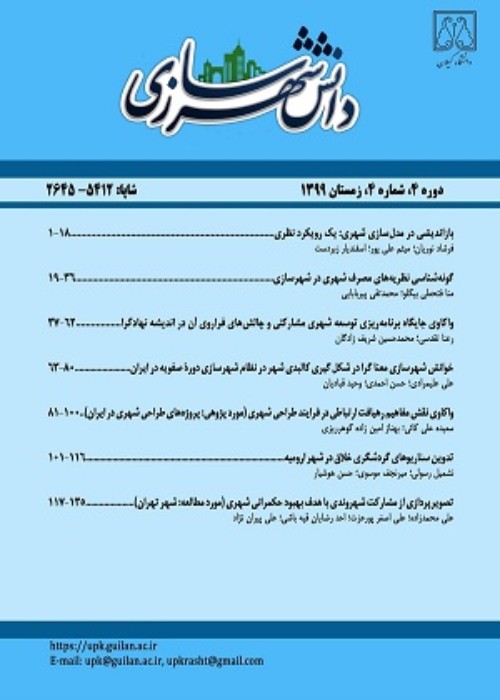Construction of planner’s judgements in the planning culture approach
By recognising the importance of studying the relations between spatial planning and cultural contexts, the aim of this paper is to provide a theoretical and conceptual framework for a systematic analysis of planning practices related to a cultural and social context. Understanding of the relationships between the spatial planning as an operative instrument of territorial policy and cultural context—including the specific socioeconomic patterns and related cultural norms, values, traditions, and attitudes—is possible by introducing the concept of ‘planning culture’. By perception of planning culture as a cultural system, decisions and judgements of planners are affected by both individual and collectively shared cognitive frames, through which planners perceive the planning context. planning culture refers to the mental predispositions and shared values of those involved at all stages of the planning processes (agenda setting, decision making and implementation) influencing their behavior and action. Planners make different judgements in their daily work process – they define the planning problem, they formulate goals and objectives and implement certain instruments to develop, good or desirable places, neighbourhoods, cities or regions. They always perceive the world through a ‘cultural lens’ which consists of both individual planners’ and commonly shared accumulated attitudes, values, rules, standards and beliefs of planning institutions. To understand and compare the planning practices and judgements, the conceptual framework – consisting of the dimensions: cognitive frames of individual planners; actors and their interactions; the institutional context and the planning system and social context has been introduced affecting planning and planners’ judgements. The goal of such investigation is to avoid such a reductionist conceptualization of spatial planning and consider the planners so passive to interpret and re-interpret rules and norms in the framework of their individual and collective motivations.
- حق عضویت دریافتی صرف حمایت از نشریات عضو و نگهداری، تکمیل و توسعه مگیران میشود.
- پرداخت حق اشتراک و دانلود مقالات اجازه بازنشر آن در سایر رسانههای چاپی و دیجیتال را به کاربر نمیدهد.



